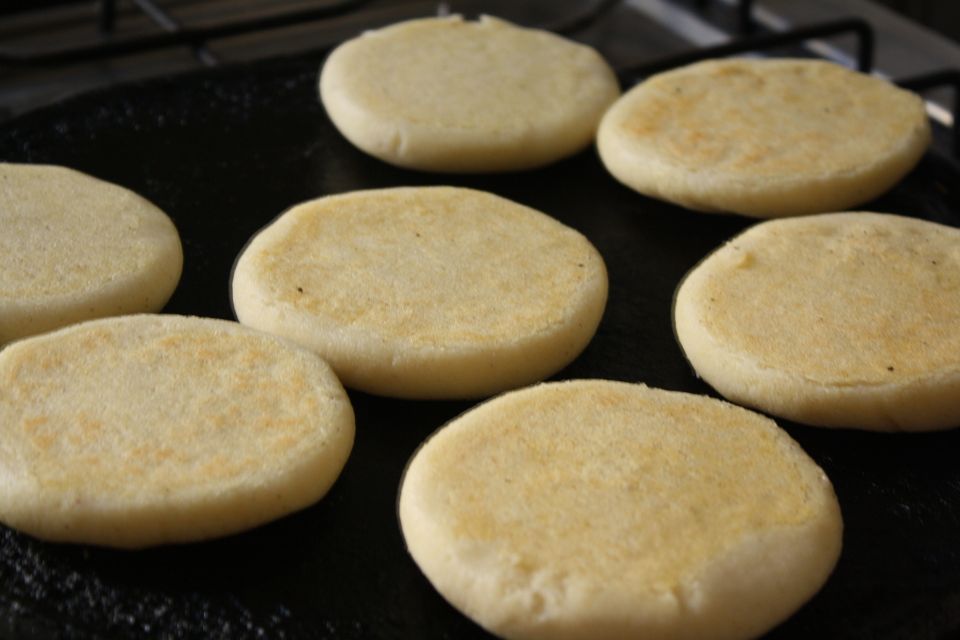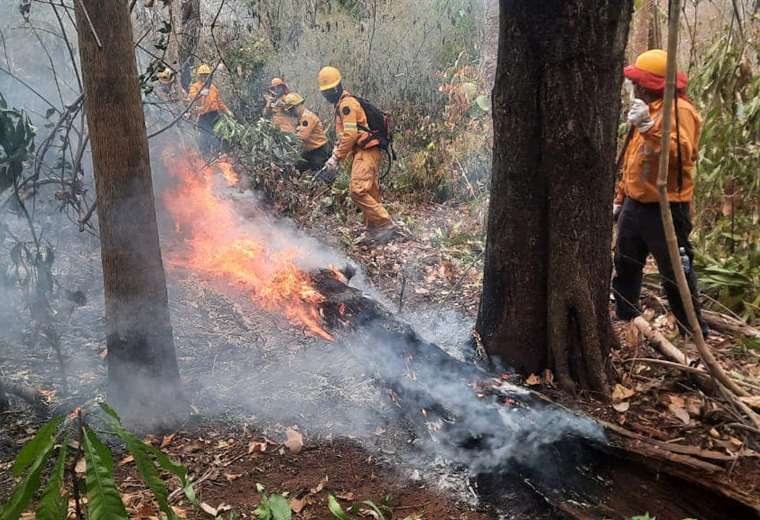Venezuela demands 80,000 tons of precooked corn flour per month. New meetings between agricultural producers and the Ministry of Agriculture suggest that the price of a ton of corn will be between $360 and $380, which would mean a 20% increase for industries that buy domestic raw materials.
In some industries that produce pre-cooked corn flour in the country, essential in the Venezuelan diet for making arepas, old fears are returning about price distortions that could occur in the market, due to how the cost of raw materials such as white corn would be managed.
The Minister of Agriculture and Lands, Menry Fernández, reported this week that a permanent technical table was set up on September 14 and that this would be a space for consultation to meet whenever there is a fluctuation in prices. On September 18 there was also a meeting with “producers, agro-industrialists and silos” of white and yellow corn.
The Confederation of Associations of Agricultural Producers of Venezuela (Fedeagro), which groups the majority of the country’s producers, welcomed the decision in a statement and also indicated that the expected price for a ton of corn would be between $360 and $380.
But among the industries that buy most of their raw materials domestically, there is fear that raising the cost of a ton of corn will affect consumers, as they warn that if the price of corn rises, the price of flour will rise.
A source linked to the industrial sector, who preferred to remain anonymous, told SuchWhich They currently buy a ton of white corn for $315 and since 2022 prices have dropped because they are tied to how the international grain market moves. Raising the price to $380 per ton would represent a 20% increase.
The person with knowledge of the activity points out that in 2022 they paid $360 per ton of national corn, while last year it dropped to $340 and this 2024 it remains at $315. However, they point out that freight and payment for the storage of the raw material in the silos must be added to this price, which raises the cost up to 15%; in 2023 the ton ended up being paid at $390 by some producing companies.
“If a minimum selling price is set for a ton of corn, this would be a distortion and would be price control. Production has grown precisely thanks to the free market,” he says.
Venezuela demands 80,000 tons of precooked corn flour per month, 30,000 tons are destined for the CLAP and 50,000 tons are sold by private companies.
Fifteen years ago there were three groups that dominated the corn flour market: PAN, Juana and La Lucha. There are currently around 100 national brands.
Among the newest local brands is Mary, which comes in a 900-gram presentation and sells the product for $0.82. Also in 900 grams is Masantoni, priced at $0.88. Some groups point out that they have had to lower their prices in response to the entry of new competitors.
Among the one-kilogram flours, the one with the lowest price is Kaly at $0.75, Lucharepa at $0.85, Juana at $0.89 and PAN at $1.09. Kaly is a recent brand and belongs to a Chinese economic group. Despite being four years old, it already has 20% of the market, almost reaching Alimentos Polar, which has been in business for 64 years in Venezuela and controls 35% of the precooked corn flour market. Mimasa has 10% of the market.
Screenshot of prices of some brands of corn flour in a supermarket
Industries often complain that they are competing in an unfair environment, where there are preferential conditions for some players, and they have also repeatedly pointed out that imports are favoured.
A source from a corn flour producer says, “If we were to operate on equal terms, all the flours on the market would have the same price, but this is not the case.”
Fears in the agro-industrial sector also revive the era of strict price controls and inspections, which were in force in the country between 2015 and 2017. A period of high scarcity and tension between the State and private companies. However, in recent years the authorities have adopted a more pragmatic stance, which led to flexibility for economic groups.
Prices in the international market
Industry sources say the price of corn is tied to how it is sold on the international market. For some companies, corn represents 65% of the cost chainwhich is why the sector is concerned about what measures could be taken in the coming days at the meetings convened by the Ministry of Agriculture.
“If the price of corn goes up, the price of flour goes up,” says a source related to the industry. From the side of agricultural producers, they consider that the price of the raw material should be discussed and agreed upon by all the actors in the chain.
*Read also: Producers expect a ton of corn to be between 360 and 380 dollars
The Food and Agriculture Organization of the United Nations (FAO) FAO Cereal Price Index (FPI) records that the FAO Cereal Price Index fell by 5 percent in February this year, standing at 22.4 percent lower than in February 2023.
“Maize export prices fell the most due to expectations of abundant harvests in South America and competitive prices offered by Ukraine, while international wheat prices fell mainly due to the strong pace of exports from Russia,” says FAO.
The agro-industrial sector says that companies continue to operate, despite being affected by issues such as the exchange rate gap between the parallel dollar and the official dollar, which they say causes “all your costs to go up” or the lack of financing, as the Venezuelan Confederation of Industrialists maintains in its surveys.
“You can’t pass on all these increases to the consumer. In the end, all sectors are making sacrifices,” the source said. He also adds that currently companies that produce food do not “make money” from the activity they carry out, on the contrary they say that it only covers production costs. and give the workers some improvements.
The industry also points out that if raw material prices increase, reducing production is not an option for some companies, as they would have to buy new machinery.
The sector says that what is needed is serious agricultural policies that seek a balance between producers and industries, as they point out that an increase in prices would harm everyone.
Post Views: 920

















